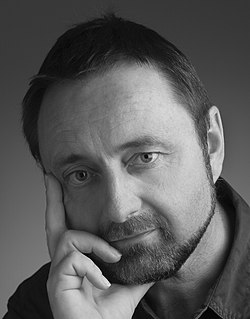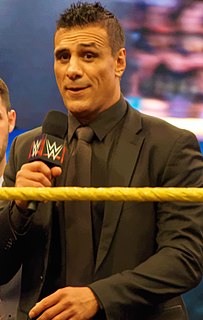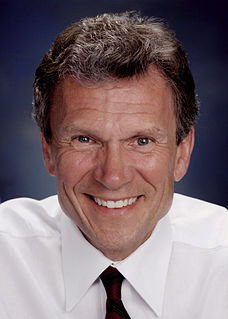A Quote by Bruce Feiler
After college, I wanted to learned about myself as an American, so I left the United States and went to Japan.
Related Quotes
North Korea will never give up its arsenal. It's all that is keeping us alive. Look at Saddam Hussein - and we never forget that North Korea was named as part of the "axis of evil" a year before the United States invaded Iraq. Do you think we would be stupid enough to believe American promises after all this? We are a nuclear power. That is not negotiable. We are willing to talk about limits freezes - but we would need to be given something in return security, in the form of diplomatic recognition by Washington and guarantees of nonaggression from China, Japan and the United States.
The list of American grievances is long: Pakistan developed nuclear weapons while promising the United States that it would not; the United States helped arm and train Mujahideen against the Soviets during the 1980s, but Pakistan chose to keep these militants well armed and sufficiently funded even after the Soviet withdrawal in 1989; and, from the American perspective, Pakistan's crackdown on terrorist groups, particularly after 9/11, has been halfhearted at best.
I really love Japan, and I liked living there very much, and there are so many terrific things about Japan. However, I do think what's amazing is that Japan really prides itself on being monoracial. It doesn't have the same kind of idea as in the U.K. or Canada or the United States, in which the idea of diversity is a strength.
If we trace origins of anarchism in the United States, then probably Henry David Thoreau is the closest you can come to an early American anarchist. You do not really encounter anarchism until after the Civil War, when you have European anarchists, especially German anarchists, coming to the United States. They actually begin to organize. The first time that anarchism has an organized force and becomes publicly known in the United States is in Chicago at the time of Haymarket Affair.
Literally minutes before the Senate cast its vote, the administration sought to add the words 'in the United States and' after 'appropriate force' in the agreed-upon text. This last-minute change would have given the president broad authority to exercise expansive powers not just overseas-where we all understood he wanted authority to act-but right here in the United States, potentially against American citizens. I could see no justification for Congress to accede to this extraordinary request for additional authority. I refused.






































